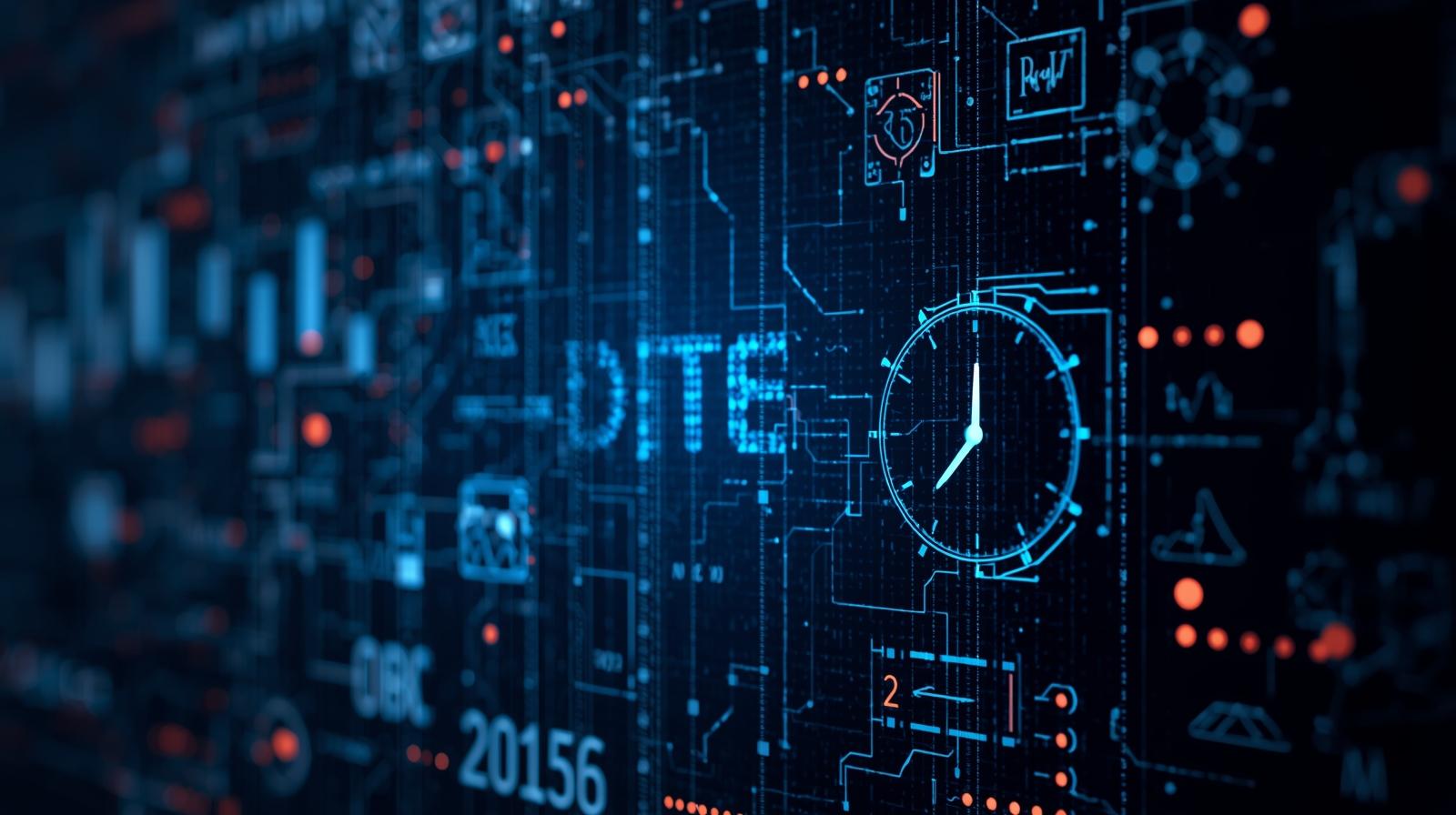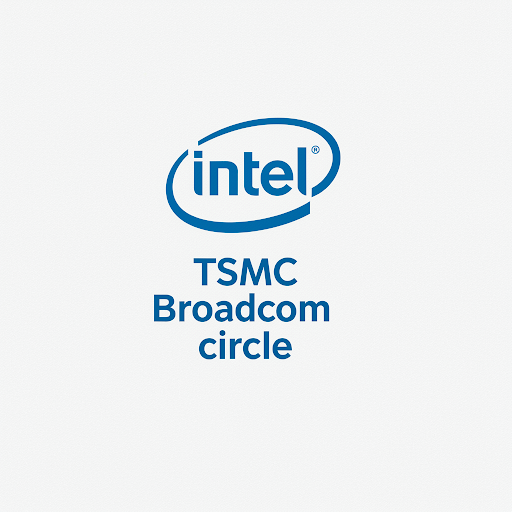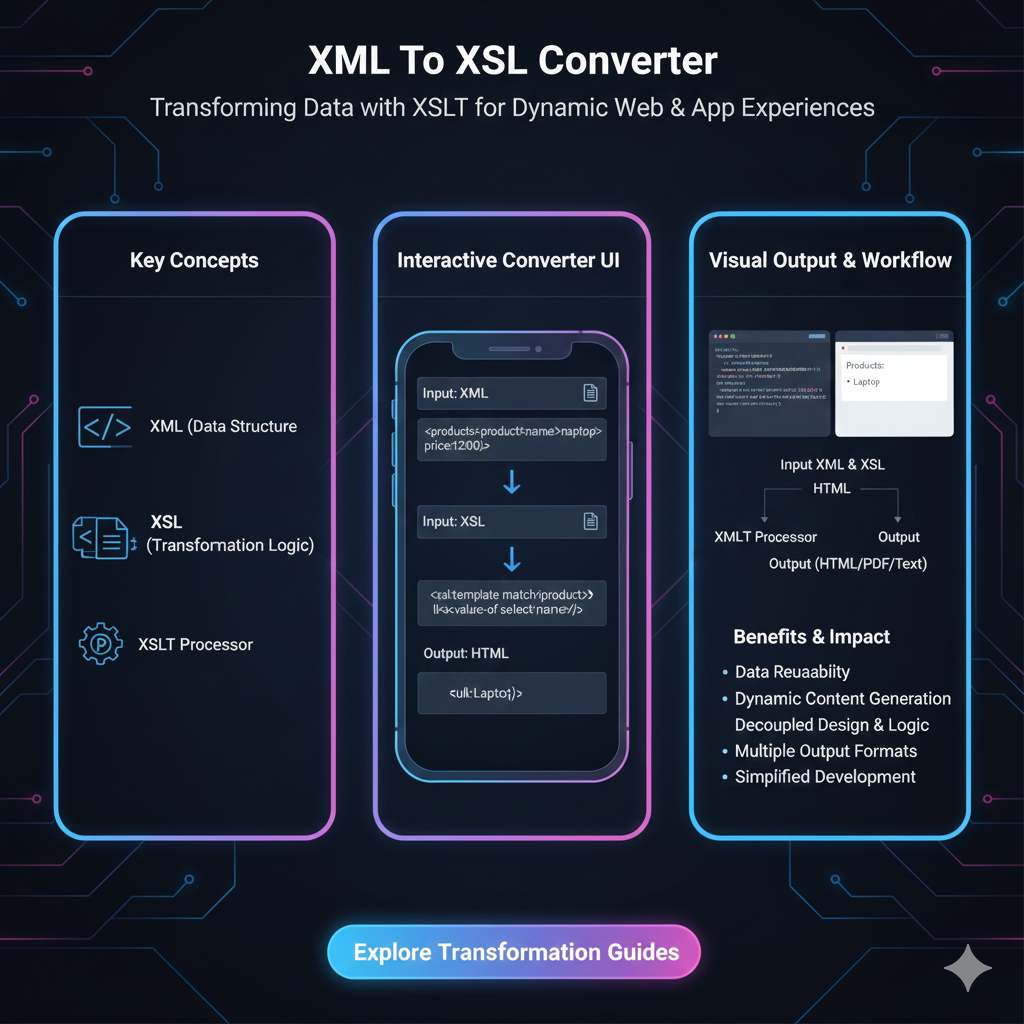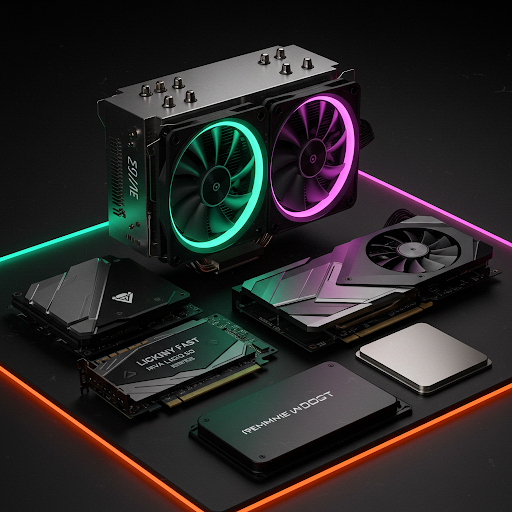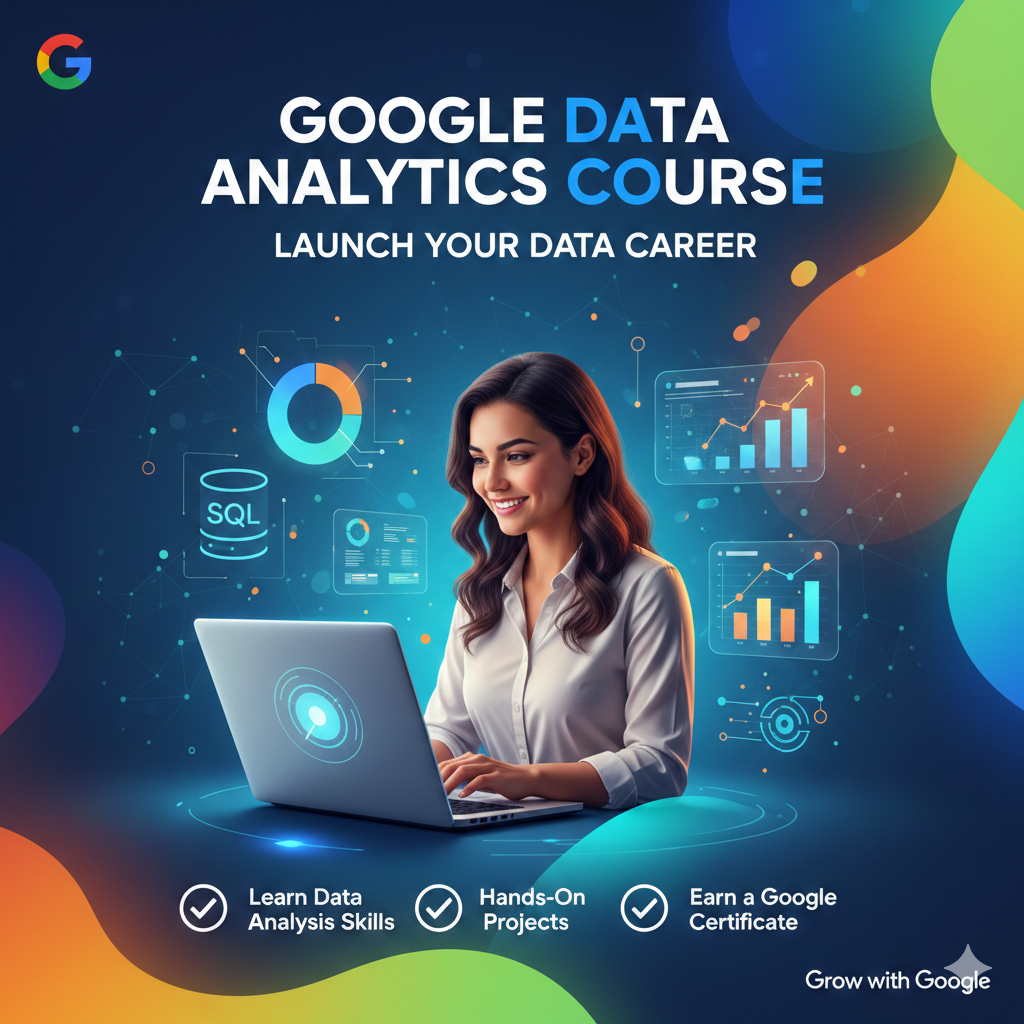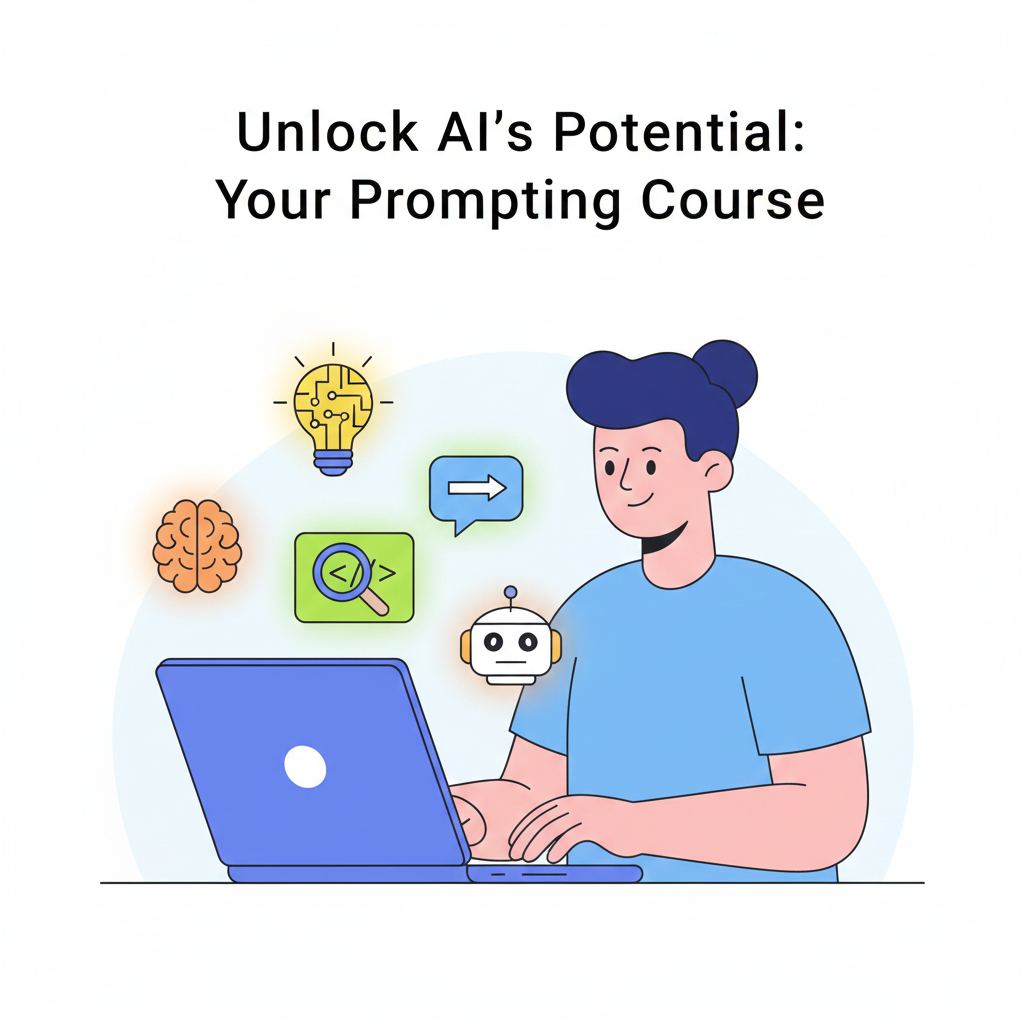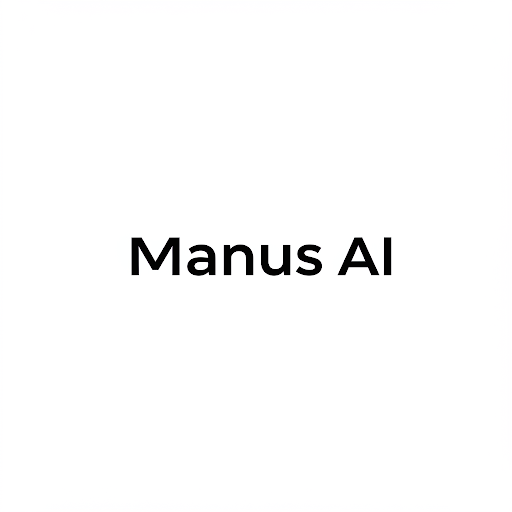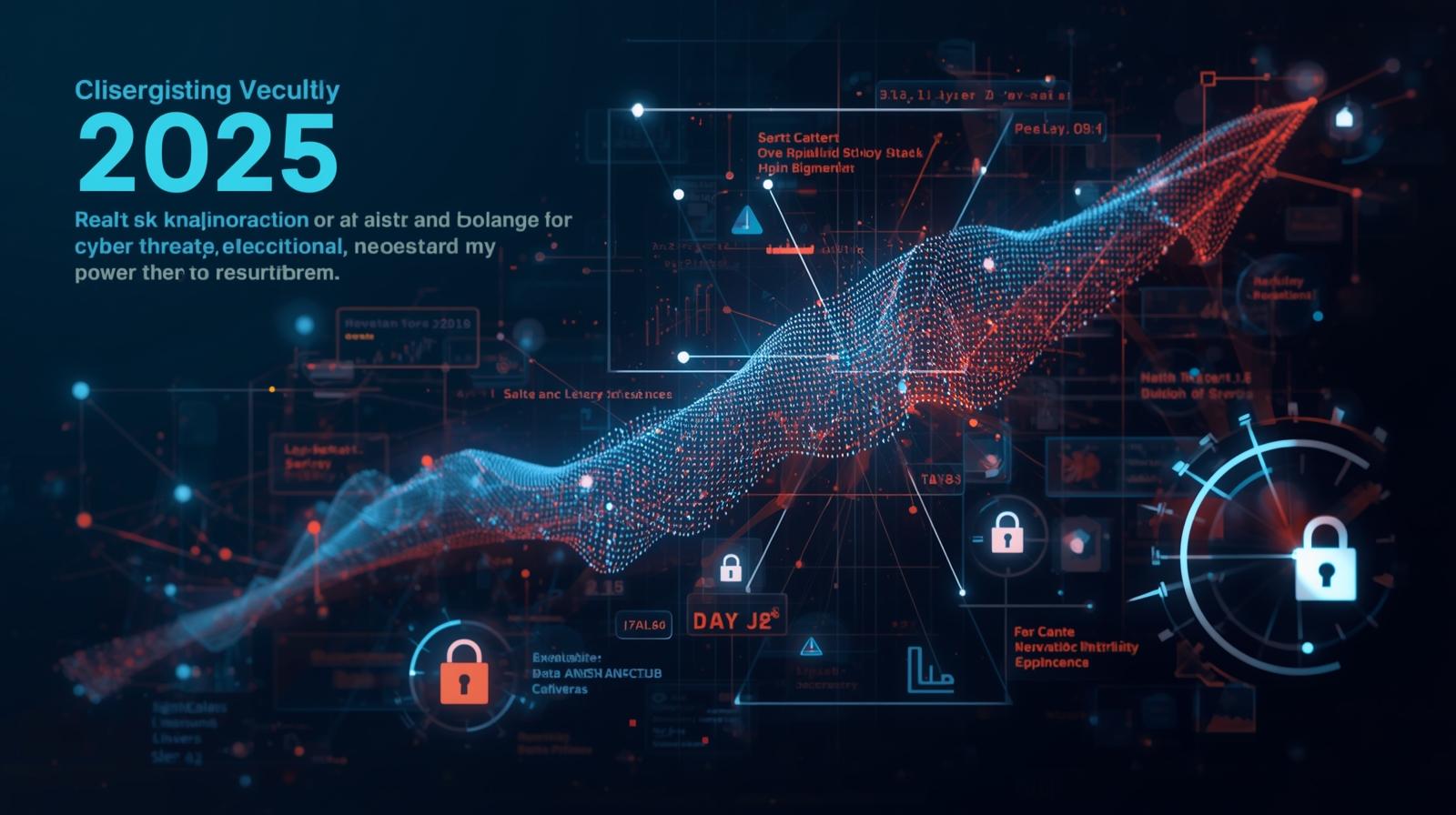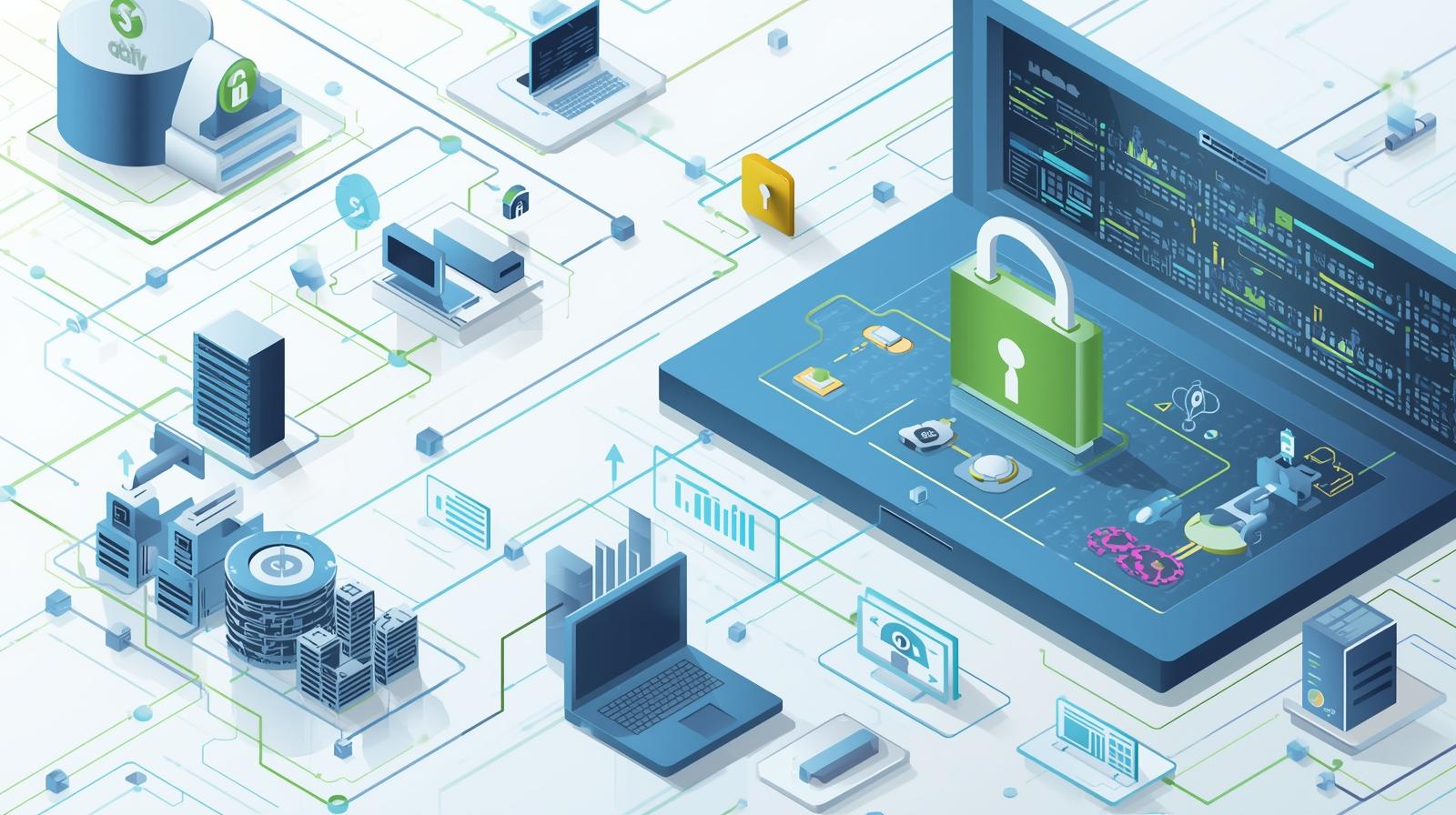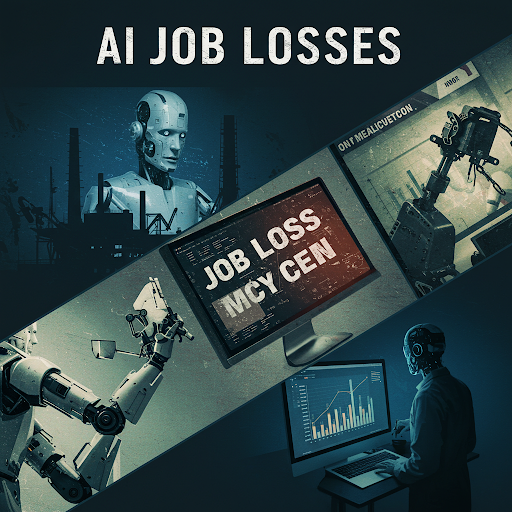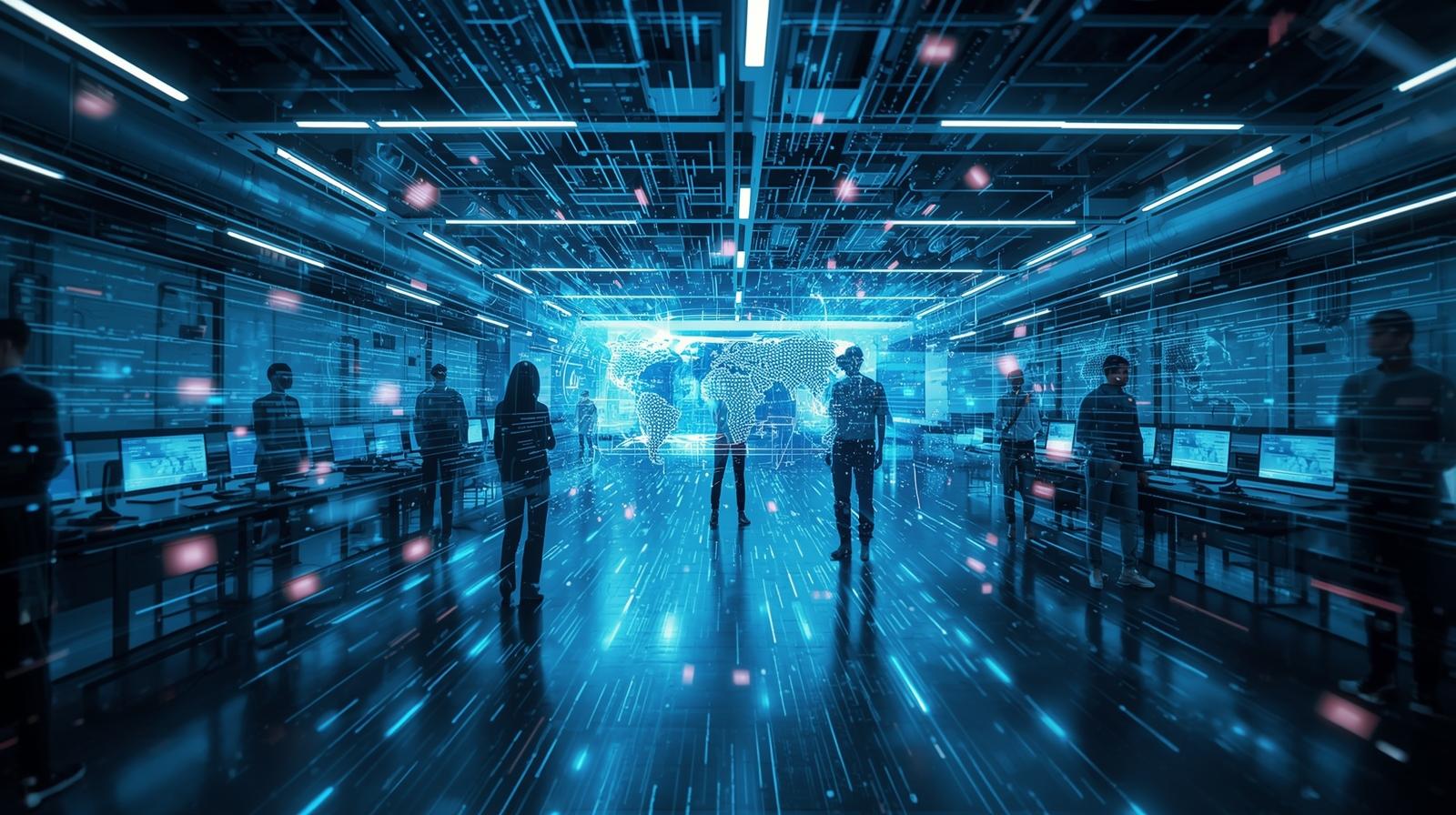AI Startups to Watch in 2025: The Future is Being Built Now
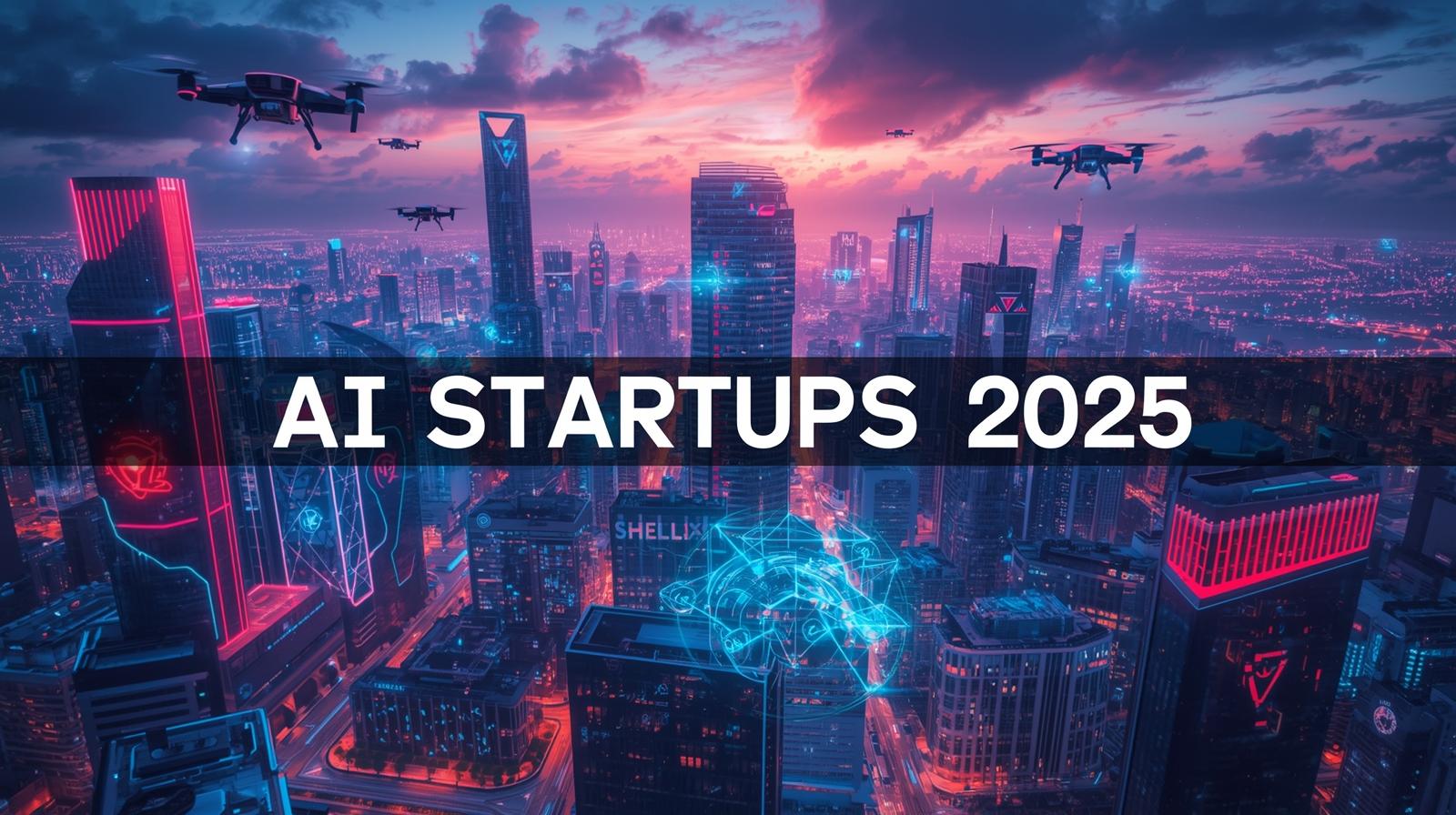
Dive into our 2025 guide on the most promising AI startups. Explore generative AI, agentic systems, robotics, and the skills needed to thrive. Learn AI development with CoderCrafter.
Remember when "AI" was just a buzzword, something out of a sci-fi movie? Fast forward to today, and it’s the engine powering everything from your Netflix recommendations to the grammar checker in your emails. But what we've seen so far is just the opening act. The real transformation is happening in the labs, garages, and venture-backed offices of a new generation of AI startups.
2025 is poised to be a landmark year. We're moving beyond simple chatbots and image generators into a world where AI becomes a collaborative partner, a scientific pioneer, and an autonomous problem-solver. This isn't just about technology; it's about a fundamental shift in how we work, create, and understand the world.
In this deep dive, we'll go beyond the headlines. We'll explore the key trends defining the AI landscape, introduce you to the most exciting startups to keep on your radar (even the stealthy ones), and discuss what this all means for your career and the future. So, grab a coffee, and let's peer into the crystal ball.
The AI Landscape in 2025: Beyond the Hype
Before we meet the players, let's understand the playing field. The AI boom of 2022-2024, largely driven by Generative AI, has matured. In 2025, the focus is shifting from what AI can create to how it can act and reason.
Here are the defining trends:
The Rise of Agentic AI: Forget AI that just answers questions. Agentic AI refers to systems that can take a high-level goal, break it down into steps, use tools (like a browser, software, or API), and execute it autonomously. Think of an AI that can do your taxes, not just explain the tax code.
Multimodality as Standard: The most powerful AI models will seamlessly understand and combine text, images, audio, and video. Asking a model to "create a video of a dog skateboarding in the style of a 90s cartoon and write a jingle to go with it" will be trivial.
The Open-Source Revolution: While giants like OpenAI and Google dominate headlines, a vibrant open-source ecosystem is flourishing. This democratizes AI, allowing startups to build specialized, cost-effective solutions without relying on expensive API calls to massive models.
AI for Science and Discovery: This is perhaps the most thrilling trend. AI is being used to accelerate drug discovery, design new materials, and model complex climate systems. We're entering an era of AI-driven scientific breakthroughs.
The Scramble for Data and Compute: The fuel (data) and engine (compute power) for AI are becoming strategic assets. Startups with unique, high-quality datasets or innovative ways to handle computing costs will have a significant edge.
Top AI Startups to Watch in 2025 (And What They Do)
This list isn't just about who has the most funding; it's about who has the most compelling vision and technology to change an industry.
Category 1: The Next Generation of AI Foundational Models
These companies are building the core AI models that others will build upon.
Anthropic (Claude)
What they do: While already a well-known name, Anthropic is a startup to watch for its relentless focus on AI safety and constitutional AI. Their Claude model is a direct competitor to ChatGPT, but with a strong emphasis on being helpful, harmless, and honest.
Why Watch in 2025: As AI becomes more powerful, the question of alignment—ensuring AI does what humans actually want—becomes critical. Anthropic's research could set the de facto standard for responsible AI development. Their ability to scale their context window (allowing them to process entire books or large codebases in one go) is a game-changer for enterprise applications.
Real-World Use Case: A legal firm uses Claude to read through thousands of pages of case law and contracts, summarizing key points and identifying potential risks with a high degree of accuracy and without hallucination.
Mistral AI
What they do: This French startup has taken the AI world by storm with its high-performance, open-source models. They are the flag-bearers for the European AI scene and a formidable challenger to the US tech giants.
Why Watch in 2025: Mistral represents the "democratization of AI." Their open-source models allow businesses to run powerful AI on their own infrastructure, addressing data privacy and cost concerns. In 2025, expect them to release even more powerful models and secure major enterprise partnerships across the EU and beyond.
Real-World Use Case: A healthcare provider uses a fine-tuned Mistral model on its own servers to analyze patient data, ensuring full HIPAA compliance without sending sensitive information to a third-party API.
Category 2: AI Agents and Autonomous Workflows
This is where the action is. These startups are building AI that doesn't just think, but does.
Adept AI
What they do: Adept is training a neural network to use every software tool and API in the world. Their vision is an AI teammate that can perform actions on your computer—like navigating Salesforce, creating a complex spreadsheet in Excel, or generating a report in Tableau—based on simple natural language commands.
Why Watch in 2025: The potential for enterprise productivity is staggering. If Adept can reliably automate complex digital workflows, it could redefine roles in sales, marketing, and data analysis. 2025 could be the year they move from impressive demo to viable enterprise product.
Real-World Use Case: A sales manager tells their AI agent, "Pull last quarter's sales data for the EMEA region, create a presentation slideshow highlighting trends, and schedule a review with the team for tomorrow." The agent executes this seamlessly.
Sierra
What they do: Founded by Bret Taylor (former Co-CEO of Salesforce) and Clay Bavor (former VP of Google's AR/VR team), Sierra is building AI-powered customer service agents. Unlike today's simple chatbots, Sierra's agents are designed to have deep, contextual, and empathetic conversations to solve complex customer issues autonomously.
Why Watch in 2025: Customer service is a multi-billion dollar industry ripe for AI disruption. With its star-studded team and focus on a high-value problem, Sierra has the potential to become a dominant player overnight. Watch for their early partnerships with major brands.
Category 3: AI for Scientific Discovery and Engineering
These startups are using AI to solve some of humanity's biggest challenges.
Isomorphic Labs (a subsidiary of DeepMind)
What they do: Leveraging DeepMind's groundbreaking AlphaFold technology (which predicts protein structures), Isomorphic Labs is applying AI to the entire drug discovery process. The goal is to virtualize the process, dramatically reducing the time and cost of bringing new medicines to market.
Why Watch in 2025: The impact is profound. AI-discovered drugs are already in clinical trials. In 2025, we expect to see more tangible results from Isomorphic's partnerships with pharmaceutical giants, potentially heralding a new era of medicine.
Real-World Use Case: An AI model identifies a previously unknown target for a rare disease and designs a novel drug molecule to bind to it, a process that traditionally takes years, completed in months.
Helion Energy
What they do: While not a pure-play AI startup, Helion is using AI in a critically important way: to achieve commercial nuclear fusion. They use machine learning to model the incredibly complex plasma physics inside their fusion reactor, optimizing conditions in real-time to achieve a net energy gain.
Why Watch in 2025: Helion has ambitious targets and major backing. If successful, they will provide the world with a limitless, clean energy source. The role of AI in achieving this breakthrough cannot be overstated. It's a perfect example of AI as a tool for monumental human achievement.
Category 4: AI in Creative Industries
The creative world is being reshaped by AI, and these startups are at the forefront.
Runway
What they do: Runway is a pioneer in generative video. Their suite of AI tools allows filmmakers and artists to generate, edit, and manipulate video through text prompts. They were a key partner in the creation of the AI-generated short film The Crow.
Why Watch in 2025: As models get better, the line between AI-generated and traditionally created video will blur. Runway is continuously pushing the boundaries of what's possible, making high-quality video creation accessible to a much wider audience. Expect them to be a core tool in the 2025 filmmaker's kit.
Sunno AI
What they do: Sunno AI makes it dead simple to create complex, high-quality music from a text description. You can specify genre, instruments, and even lyrical themes, and it generates a complete track.
Why Watch in 2025: Music creation is being democratized. While debates about copyright and artistry will rage on, the technology is undeniable. Sunno's ability to iterate quickly and improve the musicality of its output makes it a leader in the space, with huge implications for content creators, advertisers, and musicians themselves.
Best Practices for Evaluating an AI Startup
With new AI companies popping up daily, how do you separate the signal from the noise? Here’s a quick guide:
Look Beyond the Demo: Anyone can create a slick video. Ask: What is the real-world reliability and accuracy? What are the edge cases where it fails?
Scrutinize the Data Moat: Does the startup have access to a unique, proprietary, and high-quality dataset? This is often a more durable competitive advantage than the model architecture itself.
Assess the Team: Do the founders have deep expertise in both AI and the specific industry they are targeting? A team with a strong technical background and domain knowledge is a huge green flag.
Understand the Business Model: How will they make money? Is it a SaaS product, API calls, or a enterprise licensing model? A clear path to revenue is crucial for long-term survival.
Consider the Ethical Framework: How does the company approach AI safety, bias, and transparency? In a regulated world, a proactive ethical stance is a sign of maturity.
The Skills You Need to Thrive in the AI-Driven World
This isn't just about watching from the sidelines. The AI revolution is creating a massive demand for new skills. Whether you're a developer, a manager, or an entrepreneur, understanding this technology is no longer optional.
The core technical skills involve a strong foundation in programming, data structures, and algorithms. To learn professional software development courses such as Python Programming, Full Stack Development, and MERN Stack, visit and enroll today at codercrafter.in. These are the bedrock skills upon which you can build AI and machine learning expertise.
Beyond pure coding, the most valuable professionals will be those who can:
Bridge the gap: Understand both the technical possibilities of AI and the real-world business problems.
Prompt Engineer: Effectively communicate with AI systems to get the best results.
Think Critically: Apply human judgment to validate, interpret, and contextualize AI output.
Maintain a Learning Mindset: The field is moving fast. The ability to continuously learn and adapt is the ultimate career insurance.
Frequently Asked Questions (FAQs)
Q1: Aren't all these AI startups just using OpenAI's API underneath?
A: Many early-stage startups did leverage GPT for a quick start, but the trend in 2025 is towards specialization. The most promising ones are either fine-tuning open-source models (like Mistral's) on their unique data, building their own foundational models (like Anthropic), or creating novel agentic architectures that are model-agnostic.
Q2: How can I invest in these AI startups?
A: For most retail investors, direct investment in pre-IPO startups is difficult. Your best bets are through publicly traded venture capital firms, AI-focused ETFs (Exchange-Traded Funds), or eventually, when these companies go public via IPO.
Q3: Will AI startups replace big tech companies?
A: It's a symbiotic relationship. Startups are often more agile and innovative, pushing the boundaries. Big tech has the scale, data, and distribution. We'll see a mix of startups becoming the next giants (like Anthropic aims to be), acquisitions by big tech, and fierce competition between them.
Q4: What's the biggest challenge facing AI startups in 2025?
A: The "cost of intelligence." Training and running large models is incredibly expensive. The scramble for GPU compute power and the need to build a sustainable business model before venture funding runs out are the two biggest pressure points.
Q5: I'm not a developer. How can I get involved in AI?
A: You don't need to code to be valuable! Roles in AI product management, marketing, sales, ethics, and policy are exploding. Start by using AI tools in your current job. Become the power user who understands the technology's practical applications in your field.
Conclusion: The Future is a Collaborative Build
The AI startups of 2025 are not just building products; they are building the scaffolding for our future. From curing diseases to solving climate change and unlocking new forms of human creativity, the potential is breathtaking. The journey won't be without its bumps—ethical dilemmas, regulatory hurdles, and economic disruptions are inevitable.
But one thing is clear: the era of AI as a passive tool is over. We are entering an age of active partnership with intelligent systems. Understanding this shift, the key players driving it, and the skills required to participate is the most important career and strategic move you can make right now.
The future isn't just something that happens to us. It's something we build. And the blueprints are being drawn up in the startups we've discussed today. Stay curious, keep learning, and consider getting your hands dirty with the technology. The best way to prepare for an AI-driven future is to understand its foundation. To learn professional software development courses such as Python Programming, Full Stack Development, and MERN Stack, visit and enroll today at codercrafter.in. The next great AI innovator could be you.




